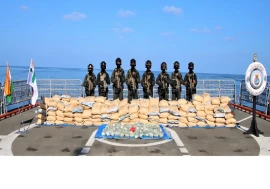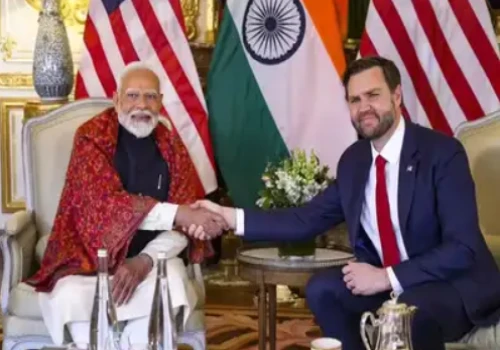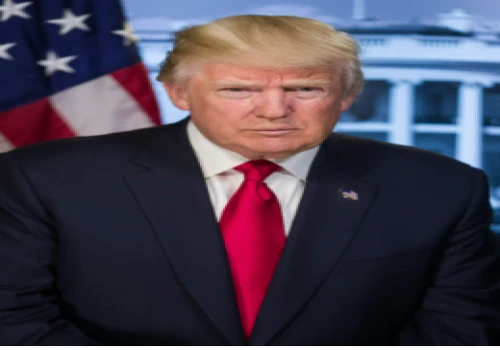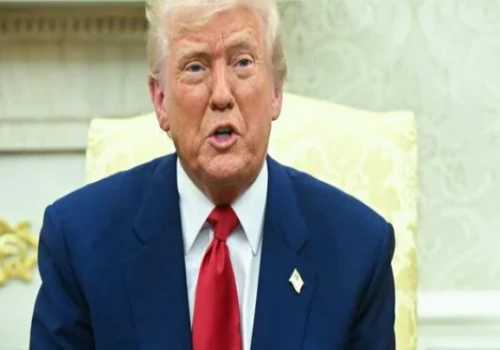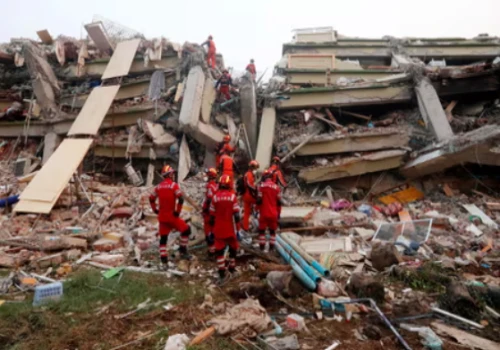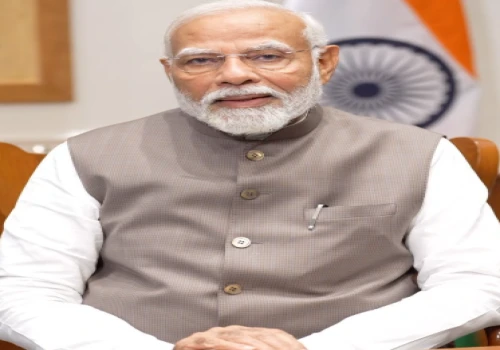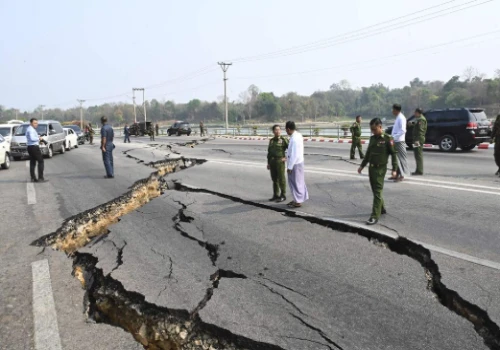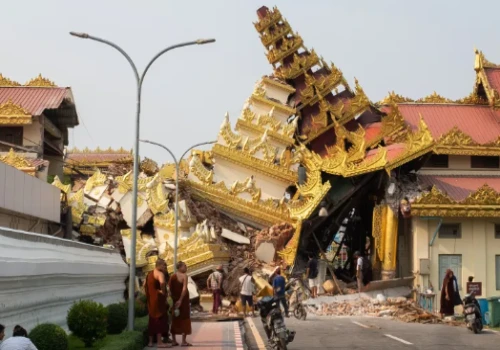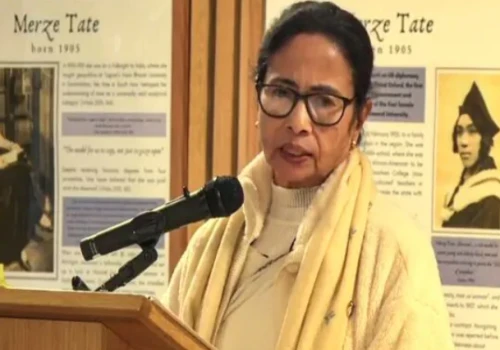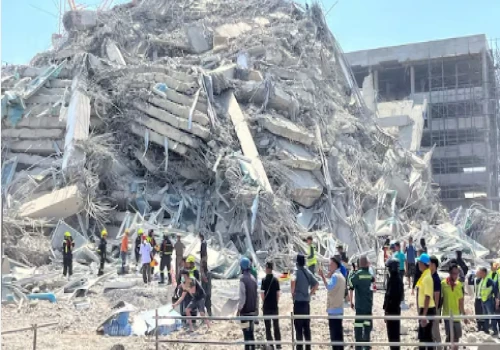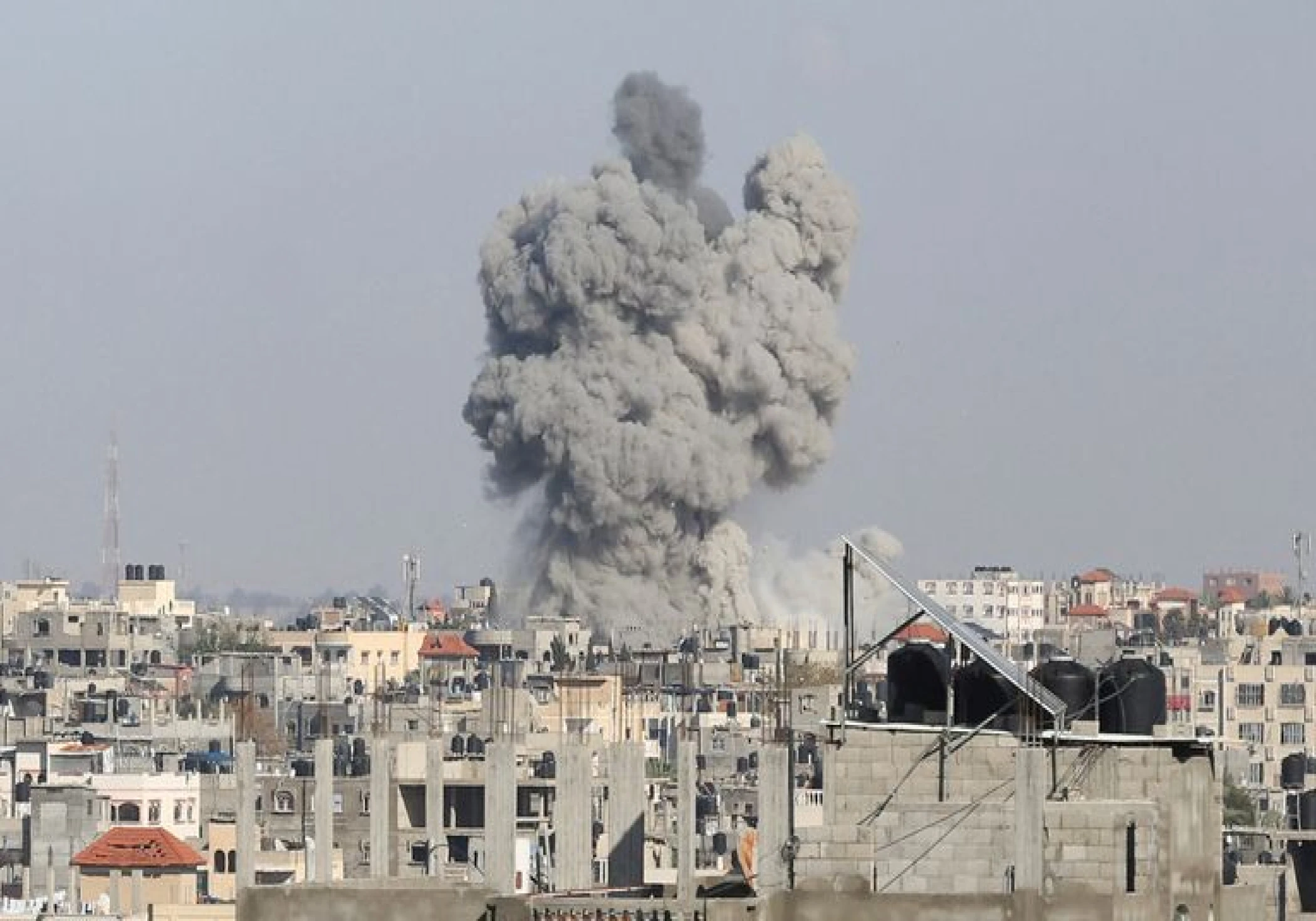
In a significant escalation of regional tensions, Israel launched a large-scale aerial operation targeting Hezbollah rocket launchers in southern Lebanon. On Sunday morning, over 100 Israeli fighter jets carried out strikes across multiple locations believed to house Hezbollah's advanced missile systems. The strikes come amid growing fears of a wider conflict in the Middle East.
According to Tel Aviv, the bombing was preemptive and intended to disrupt a planned Hezbollah offensive in northern Israel. The group that Iran supported asserted that it launched 320 drones and rockets on Israel's 11 military outposts.
Benjamin Netanyahu, the prime minister of Israel, declared that his government would cease everything to protect the nation. He threatened, "Whoever harms us, we harm him." According to the Israeli government, its air strikes hit 40 launch areas. "We are determined to do everything possible to defend our country, to return the residents of the north safely to their homes, and to continue to uphold a simple rule: Whoever harms us – we harm him," said Netanyahu.
Hezbollah claimed that in revenge for the assassination of one of its top leaders last month, it carried out drone and rocket assaults. The tensions between Hezbollah and Israel are threatening both regional peace and a full-scale conflict. It may also involve Iran, which is still recovering from some very aggressive acts by Israel against it earlier this year, such as the murder of its operatives and an attack on its embassy in Syria.
As the situation unfolds, the risk of a wider war looms large. The international community closely monitors developments, with diplomatic efforts underway to de-escalate the crisis. However, with both Israel and Hezbollah digging in their heels, the path to peace remains uncertain.

